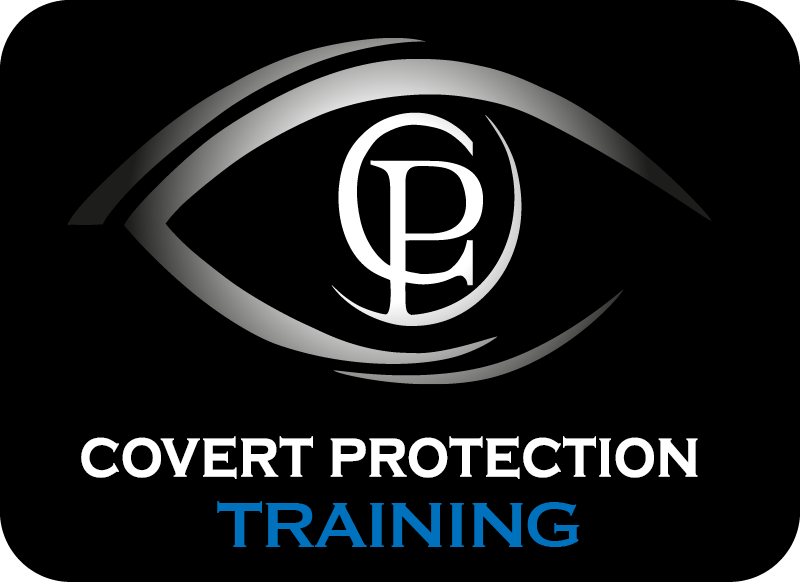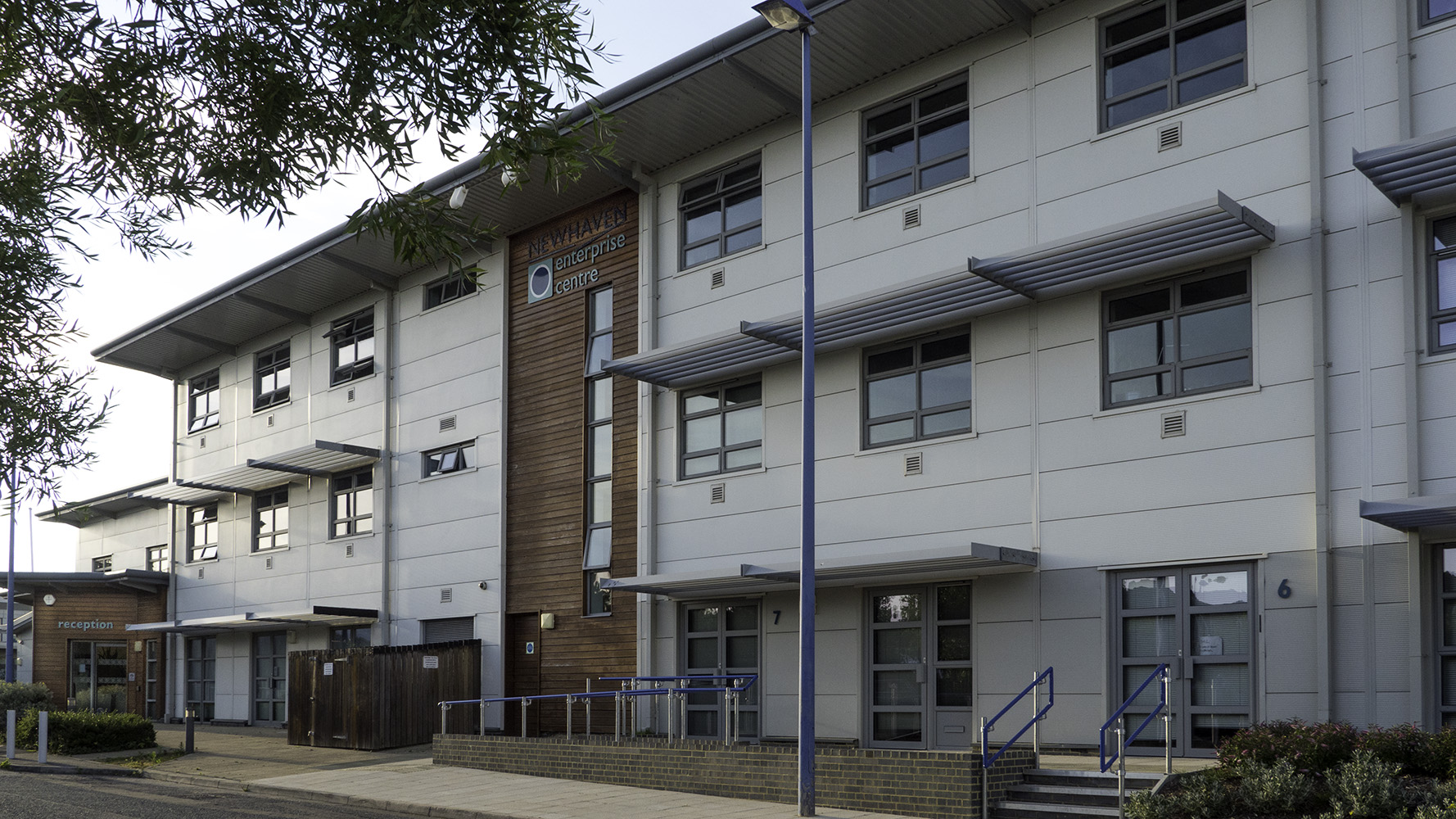
- COURSE 18 DAYS
SIA Close Protection Operatives Course
QNUK Level 3 Certificate for Close Protection Operatives in the Private Security Industry (RQF)
18 Day Course
Who is this for?
This qualification is intended for learners who work or want to work as Close Protection Operators in the Private Security Industry and require an SIA Licence to Practice.
Pre-Requisites:
This qualification is aimed at learners 18 years and over who are able to undertake the responsibilities of a Close Protection Operative.
Due to the nature of the role of a Close Protection Operative, in the course of their work it is likely they will be required to make calls to the emergency services or need to communicate to resolve conflict. It is therefore essential that Close Protection Operatives are able to communicate effectively.
All assessment must be conducted in the medium of English and/or Welsh as appropriate. Centres must ensure that learners have sufficient language skills before putting the learners forward for assessment.
As a guide, learners should as a minimum have language skills equivalent to the following:
- a B1 level qualification on the Home Office’s list of recognised English tests and qualifications
- an ESOL qualification at (Level 1) on the Ofqual register taken in England, Wales or Northern Ireland
- an ESOL qualification at Scottish Credit and Qualifications Framework level 5 awarded by the Scottish Qualifications Authority (SQA) and taken in Scotland
- Functional Skills Level 1 in English
- SQA Core Skills in Communication at Scottish Credit and Qualifications Framework level 5
- Essential Skills Wales Communication Level 1.
Learners should be able to work at level 2 and above, in addition must be able to meet the training provider set health and physical requirements for the Close Protection practical elements of the course (please discuss with your training provider prior to commencement on this qualification)
Learners will also need to hold a minimum of a First Aid at Work (3 day) qualification which has no less than 12 months validity prior to the start date of their Close Protection course. Pre-hospital qualifications are not necessary but are encouraged. All certificates must be provided to the training provider as evidence supporting the pre-requisite requirements of this qualification.
It should be advised that when applying for an SIA Licence part of the process includes a criminality check (DBS). It is recommended that learners with concerns should use the Criminal Record Indicator available on the SIA website prior to enrolling for this qualification to ascertain if they are likely to achieve licenced status.
First Aid requirements
The SIA requires learners to hold a valid First Aid qualification when they apply for their SIA Close Protection Licence. Achievement of this is a pre-requisite requirement for attending the Close Protection course, which must be provided as supporting evidence by centres when submitting the course for moderation to Qualifications Network.
Recognised First Aid qualifications include:
QNUK Level 3 Award in First Aid at Work (RQF)
QNUK Level 3 Award for First Responders (RQF)
QNUK Level 3 Award for the First Person on Scene (International) (RQF)
Course Elements:
Unit 1 Principles of Working as a Close Protection Operative in the Private Security Industry
This unit develops the knowledge, understanding and skills required to work as a licensed Close Protection Operative. Learners will understand the basic requirements of close protection, including team roles, personal security and the attributes required such as team working and interpersonal skills. Key requirements in close protection, threat and risk assessment, both in a planned and dynamic context are covered and learners will understand the broad considerations that are relevant to operational planning. Foot drills, vehicle operations and theory and practice of conflict management are also explored.
Unit 2 Working as a Close Protection Operative in the Private Security Industry
This unit develops the skills, knowledge and understanding required by individuals who wish to work as an SIA Licensed Close Protection Operative. Key requirements in close protection, threat and risk assessment, both in a planned and dynamic context are covered and learners will understand the broad considerations that are relevant to operational planning. Learners will also cover the major aspects of close protection work such as surveillance, venue security operations, reconnaissance, route planning, foot drills and vehicle operations. This unit has emphasis on applying the knowledge from Unit 1 into a practical context.
Unit 3 Application of Conflict Management in the Private Security Industry
This unit is part of the SIA licence to practice qualifications for Door Supervisors, Security Officers and Close Protection Operatives. It includes the principles to support conflict management; however, it should be considered that prevention of conflict in the first instance is preferred. Not all conflict management techniques will work in all situations therefore personal safety must be considered at all times.
Unit 4 Principles of Terror Threat Awareness in the Private Security Industry
This unit is aligned to current knowledge supported by NaCTSO in line with basic counter terrorism knowledge for security operatives across the industry. The content builds upon the knowledge gained from learner’s original training to ensure a consistent standard for all frontline operatives.
Unit 5 Principles of Working as a Door Supervisor for Close Protection Operatives in the Private Security Industry
This unit provides safety critical knowledge which supports licence integration, meaning a holder of a Close Protection licence can operate as a Door Supervisor with the same licence. There are also many occasions where a Close Protection Operative is likely to be working within a licenced premises when protecting their principal/s for example, functions, socialising or events, therefore it is important the learner can understand the requirements of the Licencing Act (2003) and the safeguarding responsibilities when in charge of security at, or operating within, licenced premises.
Unit 6 Application of Physical Intervention Skills in the Private Security Industry
This unit covers both the knowledge and the practical skills required to use physical intervention when working in the private security industry. It provides an introduction to best practice including restrictive and non-restrictive interventions, and the implications of their use, the hazards of using physical interventions and how to reduce the risk of harm being caused, and the actions that must be taken after an incident. This unit also provides an opportunity to develop non-aggressive physical intervention skills to protect yourself and others and non-restrictive and restrictive skills that you can employ when standing, holding or escorting individuals.
More Information:
For more information on this course please visit the Awarding Organisations website:



